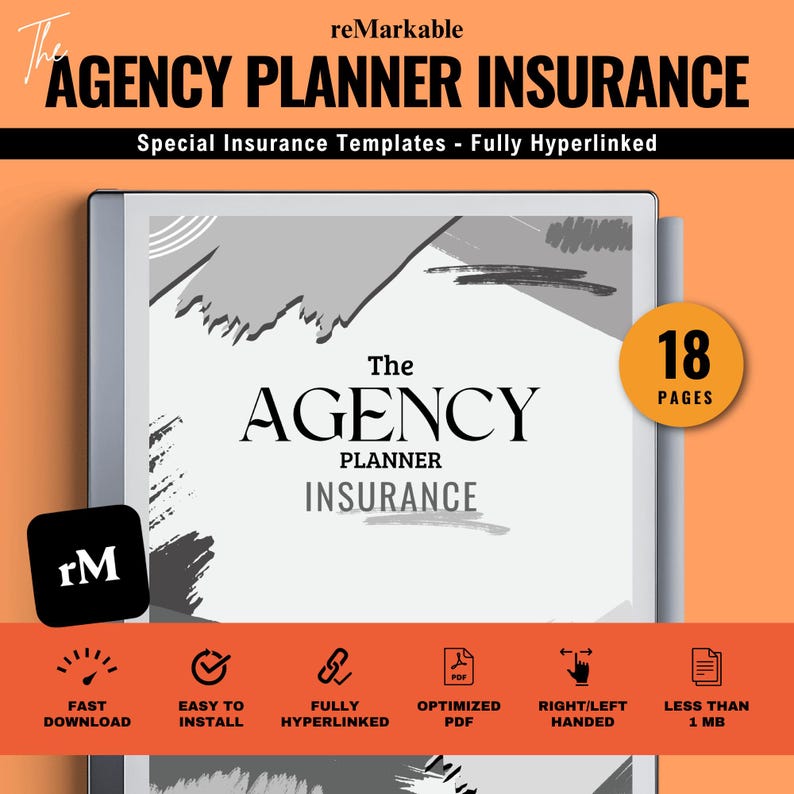When it comes to securing car insurance, many drivers focus primarily on factors like their driving history and the type of vehicle they own. However, one often overlooked element that can significantly impact your insurance premiums is your credit score. Understanding how your credit score influences car insurance rates can empower you to make smarter financial decisions and potentially save hundreds of dollars each year. In this article, we’ll break down the relationship between credit scores and insurance costs, explaining why insurers consider your creditworthiness and what you can do to improve your rates. Whether you’re a first-time buyer or looking to renew your policy, this guide will help you navigate the often-misunderstood world of credit-based insurance pricing.
Table of Contents
- Understanding the Link Between Credit Scores and Car Insurance Premiums
- How Insurers Use Credit Information to Assess Risk
- Practical Tips to Improve Your Credit Score for Better Insurance Rates
- Comparing Insurance Quotes With Different Credit Profiles for Optimal Savings
- Closing Remarks
Understanding the Link Between Credit Scores and Car Insurance Premiums
Many insurance companies utilize your credit score as one of the key factors when determining your car insurance premium. The rationale behind this practice stems from studies linking credit behavior to insurance risk. Essentially, individuals with higher credit scores tend to file fewer claims, leading insurers to view them as lower-risk clients. Conversely, those with lower credit scores may face higher premiums because insurance providers associate poorer credit management with an increased likelihood of filing claims.
Factors that insurers typically consider within your credit profile include:
- Payment history and consistency
- Amounts owed relative to credit limits
- Length of credit history
- Types of credit used
- Recent credit inquiries
Understanding this connection encourages consumers to maintain a healthy credit standing—not only for loan approvals but also for more affordable insurance options. While credit score isn’t the sole determinant, improving it can significantly enhance your insurance rate prospects.
How Insurers Use Credit Information to Assess Risk
Insurers often evaluate credit information as a predictive tool when determining how likely a driver is to file a claim. This data provides insight into a person’s financial responsibility and behavior patterns, which can correlate with risk on the road. By analyzing credit reports, insurers identify trends such as timely bill payments, debt levels, and credit history length, all of which help paint a detailed picture of an individual’s overall reliability. This approach allows them to tailor premiums more accurately, as those with stronger credit profiles tend to file fewer claims.
Key elements in credit reports that influence insurance decisions include:
- Payment history, reflecting consistency and reliability in managing debts
- Outstanding balances, indicating current financial obligations
- Credit mix, showing diversity in credit types and management skills
- Recent credit inquiries, which can signal financial strain or instability
By integrating these factors, insurers aim to assess risk comprehensively beyond just driving records or personal demographics, leading to more personalized and fair car insurance rates.
Practical Tips to Improve Your Credit Score for Better Insurance Rates
Boosting your credit score doesn’t have to be a daunting task. Start by consistently paying your bills on time, as payment history accounts for a significant portion of your credit rating. Setting up automatic payments or reminders can help you avoid missed deadlines. Another simple yet effective strategy is to keep your credit utilization ratio low — aim to use less than 30% of your available credit to show lenders responsible credit management. Reviewing your credit reports regularly is also crucial; it allows you to spot and dispute any inaccuracies that might be dragging down your score.
Additionally, consider these actionable steps to get your credit in top shape:
- Limit new credit inquiries by avoiding multiple loan or credit card applications within a short span.
- Keep old credit accounts open to maintain a longer average credit history.
- Pay off outstanding debt strategically, starting with high-interest balances.
- Use a mix of credit types responsibly to demonstrate financial versatility.
Taking these measures not only paves the way to a stronger credit profile but can directly translate to more affordable car insurance premiums, saving you money in the long run.
Comparing Insurance Quotes With Different Credit Profiles for Optimal Savings
When shopping for car insurance, understanding how various credit profiles impact your premiums is key to maximizing savings. Insurers often view credit scores as indicators of risk, which means that drivers with higher scores typically receive lower rates. Conversely, a lower credit score can lead to higher premiums, reflecting perceived increased risk. To get the best deal, it’s essential to gather multiple quotes tailored to your credit profile and compare them carefully. This proactive approach exposes you to a range of pricing options, helping you avoid overpaying simply because of your credit standing.
Keep in mind, the influence of credit on insurance rates isn’t uniform across all companies, so comparing requires a strategic focus on:
- Credit score weight: Some insurers emphasize credit heavily, while others place less focus on it.
- Discount availability: Certain providers offer discounts that can offset higher premiums linked to credit scores.
- Personalized risk assessment: Beyond credit, companies may consider driving history, vehicle type, and other factors differently.
By evaluating these factors alongside your credit profile, you can pinpoint the insurer that offers the best balance between rate affordability and coverage quality, ultimately unlocking optimal savings.
Closing Remarks
Understanding how your credit score influences your car insurance rates is a crucial step toward making smarter financial decisions. While it might feel frustrating that something seemingly unrelated to driving can impact your premiums, being aware of this connection empowers you to take control. By maintaining a good credit score, you not only open doors to better loan options but can also enjoy lower insurance costs. Remember, the key to saving on car insurance often starts long before you shop for a policy—with habits and choices you make every day. Keep these insights in mind, and drive confidently knowing you’re setting yourself up for the best possible rates.






